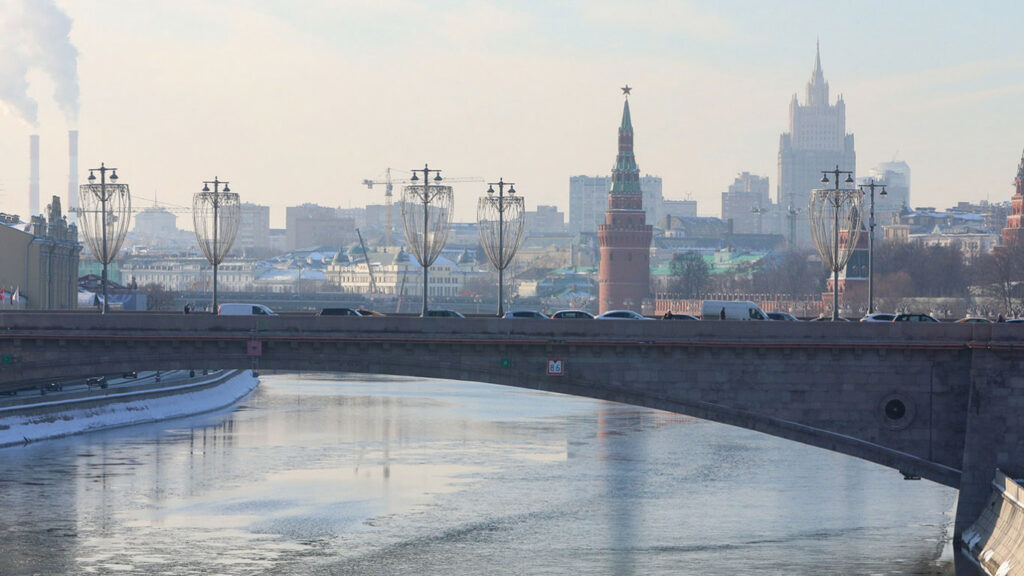"I've heard McDonald's is pulling out of Russia too, that's great" - I hear in a morning meeting, - everyone grumbles in agreement, while I struggle to make sense of what I am feeling, should be feeling.
Brand after brand leaving the place I once called home, while my socials are flooded with posts from friends and schoolmates asking "what are you stocking up on?" and "who can help me locate dog food for a shelter, all the stores are out." And now just… silence. Last posts with a shout which alternative social to find them on.
People keep asking me what I think about the war, and I don’t understand their question. Is there another option to what I am thinking, isn’t the only possible answer that war is terrible and there is no righteous excuse for it? That I am horrified for the people currently in the war zone, I am horrified to be associated with it, that every headline with ‘Russians’ in it makes me feel like justifying my existence and proving to the first person that I, in fact, and no one I know, is complacent in this terror.
But what I want to shout about too is the other war going on, the one in which people are not dying under bombardments or bullets, but slowly dwindling from empty accounts, empty shelves and inability to speak their mind. Brands are pulling out of Russia to the overall cheer of the world, while I see before my eyes thousands of people losing their jobs. I see people losing their businesses as they can no longer provide the services that their hard-earned business was built upon. Transfers are banned, cards are being cancelled – it's to get the oligarchs they say... Are we sure it’s getting them? I see before me people in Russia not getting paid for their work, those who are fleeing taking out all the cash they can before their cards stop working abroad.
Why are they fleeing? Why aren’t they staying and fighting? Why aren’t they changing the system and overthrowing Putin?
I wish we lived in a world where velvet revolutions were possible. I wish a peaceful protest would turn around the course of war and force armies to put down their weapons. But this is not how this story will go, because it will be bloody, brutal and probably pointless.
Before I left Russia for good 10 years ago, there was a long series of protests following elections. I remember helicopters flying over the centre of Moscow dead of the night, I remember my professors and fellow students counting votes from local election points, comparing them with official published results and concluding that the elections were, in fact, rigged. I remember people pilling out into the streets by the thousands, being arrested over and over, fines rising until families were left to decide who was going to go to the protest because they could only afford to bail one person out.
For many, like myself, seeing time after time that the mass was unable to change the course of Russian politics, unable to turn the tide – is what made us lose hope, lose the will to even try to do so. We feel impotent, shouting into the void that we disagree, we don’t want these things, hugging our loved ones closer and biting down, making a strategy what to do next, how to survive this next crisis.
No, I did not go out onto the streets all those years ago, I was counting down the days until my one-way flight, I was rechecking my Belgian university acceptance documents, hoping I wasn’t going to run into a protest and get arrested by mistake, terrified it would go on my record and I would not be granted a European visa. I just wanted to get away and never come back.
And now, 10 years later, I find myself wondering what life is like back there, wondering if its better or worse than my imagination is playing out. Asking myself if I will ever see some of my friends again, ever step foot inside the city I grew up in, ever cross the border again. What will become of Russia? Will it turn into a self-isolated tightly regulated state along with China and North Korea? Will someone put a stop to the current government and the sanctions be lifted and we will enter an era of moral and economical compensation?
For most people these questions are political, economic, social, birds-eye-view distance images, for me these questions are filled with faces of people I love, flashes of streets I walked on, smells and tastes from my childhood.
As I stare into my sun-flooded garden, far away from the sound of falling bombs in Ukraine and the echoing emptiness of stores in Russia – my heart has a place for both.


